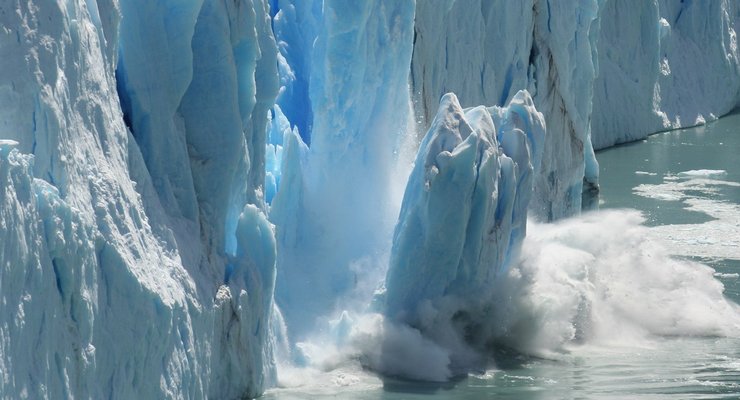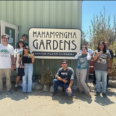
How do we cut U.S. global warming gas emissions by 50 percent within the next 10 years? This question represents the bold target set by President Biden in 2020 to secure U.S. leadership on clean energy technologies by the end of the decade. However, with energy production and consumption in the U.S. intertwined among political, ideological, and technological complexities, the path toward a cleaner energy future remains unclear.
The Caltech Energy 10 Project (CE10) aims to define the ambitious but achievable solutions needed to cut U.S. global warming gas emissions in half by 2032.
“We are seeing the effects of climate change ramp up faster than expected, and there is widening consensus that the time for action is now,” says Harry A. Atwater, Otis Booth Leadership Chair of the Division of Engineering and Applied Science (EAS), Howard Hughes Professor of Applied Physics and Materials Science, and director of the Liquid Sunlight Alliance. “Rewiring U.S. energy production and consumption is one way to tackle this worsening issue head-on and in a practical way.”
Atwater is a co-organizer of CE10 alongside Lambertus Hesselink (MS ’72, PhD ’77), a professor at Stanford University, and David Welch, a founding partner of 4-Good Ventures. Sponsors of CE10 include Caltech, EAS, the Resnick Sustainability Institute, Stanford University, and 4-Good Ventures.
CE10 will address the fundamental changes needed in the U.S. energy ecosystem with two components that will take place in mid-June. First is the CE10 public program, a series of free, livestreamed talks on June 14 and 15 that will address the transformations needed to reverse and slow the effects of climate change. Speakers include Steven Chu, former U.S. secretary of energy; Sally Benson, current White House deputy director for energy; Kristen Siemen, chief sustainability officer at General Motors; and other experts in the energy and government sectors.
The second component, to take place June 15 and 16, is the invitation-only CE10 workshop, which will assemble key decision makers from the energy ecosystem on Caltech’s campus. The workshop aims to generate a new strategic roadmap for reducing global warming gas emissions that can realistically enlist broad public support.
“Climate change is certainly the grand challenge of our time,” says Atwater. “Instead of focusing on long-term solutions, CE10 will focus on delivering tangible actions that can be practically done on a 10-year time scale.”
Visit the CE10 website for more detail, a full schedule of speakers, and a link to register for the public program.














 0 comments
0 comments



